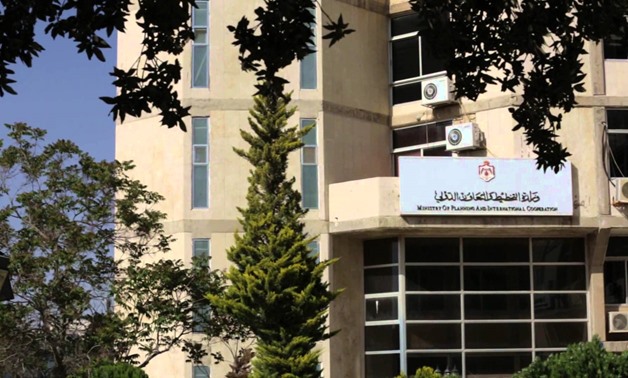Addressing a workshop aiming at aligning the National Action Program with African Peer Review Mechanism, he said Egypt joined the mechanism in 2004 and in 2017 it began preparing its voluntary "self-assessment report" based on four axes; democracy and political governance, economic governance, companies' governance and economic and social development.
The report, he said, aims at expounding challenges facing the country in the different domains of governance, taking into consideration Egypt Vision 2030 and the UN sustainable development goals.
The African Peer Review Mechanism (APRM) was initiated in 2002 and established in 2003 by the African Union in the framework of the implementation of the New Partnership for Africa’s Development (NEPAD).
APRM is a tool for sharing experiences, reinforcing best practices, identifying deficiencies, and assessing capacity-building needs to foster policies, standards and practices that lead to political stability, high economic growth, sustainable development and accelerated sub-regional and continental economic integration.
Kamali said the self-assessment report - which was prepared by four specialized research centers - reviews the different challenges facing efforts to promote comprehensive development in Egypt. The report also manifested the Egyptian state's awareness of these challenges through the plans, programs, projects and initiatives that it adopted over the past years.
He said the country is focusing on six basic priorities in the National Action Program; promoting social justice, protecting human rights, accelerating economic growth, enhancing administrative reform and improving public services, combating and preventing corruption, empowering local administration, and protecting the environment.
At the end, Kamali said the Egyptian state really understands environmental sustainability which is clearly manifested in the inclusion of environmental standards and considerations in planning stages to ensure the preservation of environmental balance and the reduction of carbon emissions.
Kamali said Egypt is a leading country as it is the first one at the regional level to issue sovereign green bonds whose returns are channeled into financing green projects, stressing that the government seeks to increase the share of green projects in the state’s investment plan for the next fiscal year to 30%.











Comments
Leave a Comment